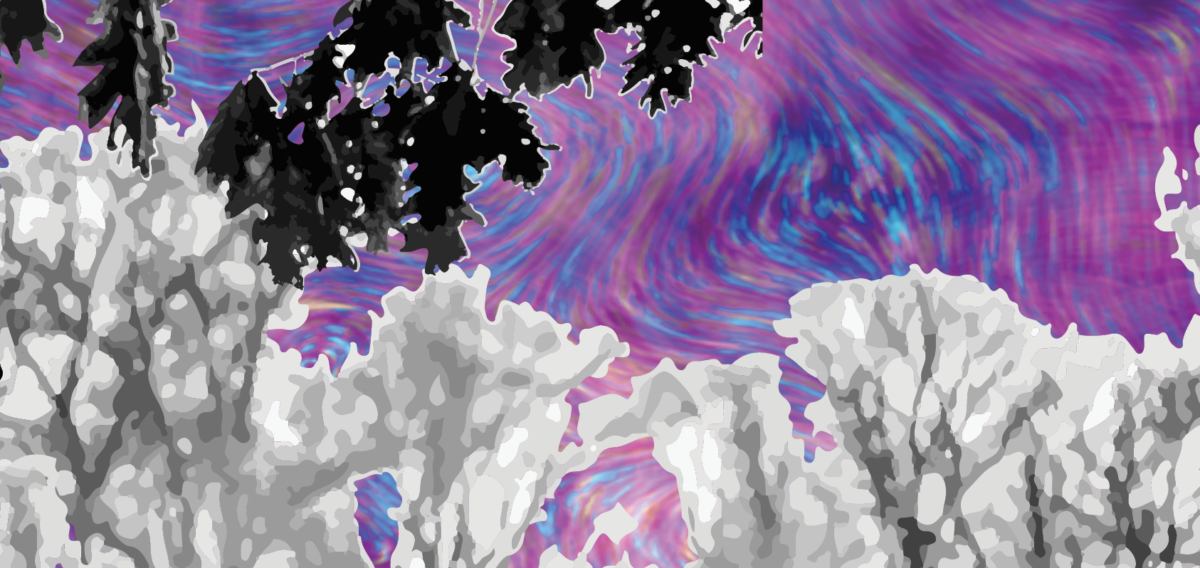I remember March 12 like it was yesterday. Mostly because it was my mom’s birthday, but also because it feels like the official start date for the Apocalypse.
Delaware’s first case of COVID-19 had just been identified the day before. The patient was a distant co-worker. That evening, as headlines, tensions, fears, and anxieties swirled, my parents arrived at my house with groceries.
“Don’t hug me,” I told my mom, who hugged me, anyway.
“Of all the years to turn 60,” she said with a wry laugh. “I’m officially high risk.”
We had planned dinner and a sleepover at my house, which would be a special treat for my daughters, who delighted in the role reversal of hosting their grandparents. We kept the plans. I don’t remember much about that evening—what we ate, what time we slept— I do remember the following morning, Thursday, March 12.
It was an overcast day that started with a long walk through my neighborhood and ended with a big breakfast at my kitchen table. And it was the conversation with my mother that I remember most clearly.
“I’ve been feeling really disillusioned lately,” I told her.
“If you look at the real stars, the real black holes we’re finding, the cosmic rays, you’ll find that the universe is showing us that it’s truly weird. Not metaphorically, but literally.”
“So, is there no understanding it?” I asked. “Because my theory is: Be kind. Work hard. Trust that the universe is on your side.”
My mom agreed. But then she said:
“It’s about finding your place in this chaos. Once you know where you fit in, it gets easier. Most people don’t know where they fit. Think of a hurricane. The eye of the storm is calmer than the swirl. Whatever troubles you face,” she said, “face them, head-on.”
“The problem,” she added, “is sometimes you don’t know what you need to face. Is it your own insecurities? Is it the system?”
I’ve thought about that many times in the months since.
Long before I quit Facebook—back in August 2016—a distant friend from Minnesota and a longtime 49ers fan burned her Colin Kaepernick jersey. She posted the video on her page. Something about him kneeling on a football field offended her. Then earlier this year, when I was thinking more seriously about quitting Facebook, I noticed her post about George Floyd, suffocated to death under the knee of a Minnesota police officer. “Tragic,” she wrote.
Very early in the pandemic, I had a Zoom happy hour with my first boss. She was among the second class of women admitted to Princeton in the 1970’s, and once told me her dorm dresser couldn’t hold her sweaters because they had been designed only for men’s underwear and socks. “There’s going to be a mass exodus of working mothers leaving the workforce,” she warned me. “Be careful.”
“Will we ever go back?” my daughters asked me in the spring, and again in the summer. “I miss school.”
But now it’s October 2020, and our problems are bigger than we ever imagined they’d be in March. And again I hear my mom’s voice: The eye of the storm is calmer than the swirl. Whatever problems you face, face them head-on.
But where do we begin?
Does it start with leadership and the values we hold dear?
Does it begin with a mirror and a deeper understanding of our own selves?
What does it mean to be human in the Age of Technology?
Is the world too loud, and will we ever find peace?
Can facts be fake? Can truth silence noise? Are there some truths that we know in our hearts to be true, and can we hear them?
Do lives matter? Whose lives matter? Is it only our own?
Can we live through the traumas of this year and not emerge wiser? Kinder? Better?
Buddhists believe that all the world is a thought, and if you change your thoughts, you change the world.
Jay-Z believes you can speak things into existence.
I believe the universe has traumatized us for a reason. And I stand by what I said on March 12.
The future depends on the things we do in the present, and so we must do better. We have to listen and learn. We must be kind, work hard, and trust that the universe is on our side.

